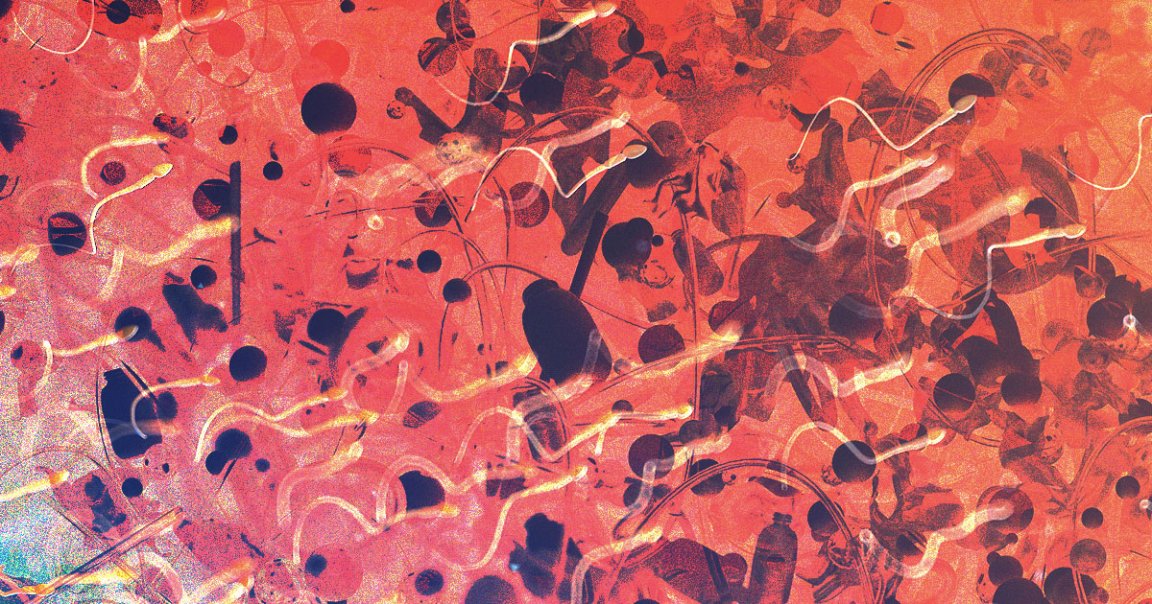
A team of researchers has found microplastics in all 40 semen samples they examined from healthy men, highlighting the urgent need to study how these tiny particles could affect human reproduction.
In a paper published in the journal Science of the Total Environment, researchers from a number of Chinese institutions identified eight different polymers in the samples, with polystyrene being the most prevalent.
As The Guardian reports, it’s only the latest in a string of studies that have equally found microplastics in semen.
While their effect on reproduction and human health still isn’t entirely understood, researchers have also been documenting a global decline in sperm count and other issues plaguing male fertility, linking them to a number of environmental and lifestyle factors.
Other studies have found that microplastics can reduce sperm count in mice and disrupt the human endocrine system.
It’s also yet another stark reminder of how ubiquitous microplastics have become in the world. They’ve been found clogging human arteries, in bottled water, inside clouds, and even in a cave that was sealed off from all humans.
Given the latest research, these tiny pollutants could even have troubling consequences for our ability to reproduce.
“As emerging research increasingly implicates microplastic exposure as a potential factor impacting human health, understanding the extent of human contamination and its relation to reproductive outcomes is imperative,” the researchers wrote in their paper.
Studies involving mice “demonstrate a significant decrease in viable sperm count and an uptick in sperm deformities, indicating that microplastic exposure may pose a chronic, cumulative risk to male reproductive health,” they added.
A different study published in the journal Toxicological Sciences last month found microplastics in all samples of 47 canine and 23 human testicles.
“At the beginning, I doubted whether microplastics could penetrate the reproductive system,” coauthor and University of New Mexico professor Xiaozhong Yu told The Guardian at the time. “When I first received the results for dogs I was surprised. I was even more surprised when I received the results for humans.”
Worse yet, the samples dated back to 2016, suggesting that the “impact on the younger generation might be more concerning,” given the particles’ growing prevalence, Yu added.
As a result, experts are calling for action to reduce the amount of plastic being produced worldwide, much of which will end up polluting the environment and our bodies.
“In particular, there is a need for action to avoid additional permanent damage to the planet and the human body,” University of Rome’s Luigi Montano, who coauthored a separate study that found microplastics in human semen, told The Guardian.
“If microplastic pollution impacts the critical reproductive process, as evidenced in particular by the decline in seminal quality recorded in recent decades globally, it may prove to be [even worse] for our species in the not too distant future,” he added.
More on microplastics: Whoever Figures Out How to Remove Microplastics From the Human Body Is Going to Make a Fortune